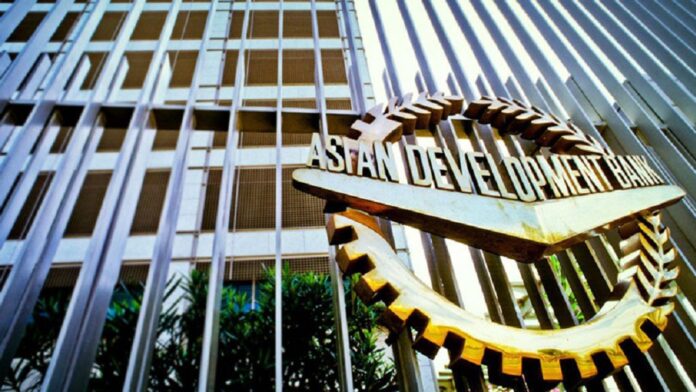By: Staff Writer
Colombo (LNW):The Asian Development Bank is considering more concessionary funding for Sri Lanka and support for green bond issues as part of its assistance to help the South Asian nation recover from its worst economic crisis in decades.
The Green Bond program enables ADB to support its developing member countries including Sri Lanka seeking to mitigate greenhouse gas (GHG) emissions and adapt to the consequences of climate change.
It will be delivering environmentally sustainable growth to help reduce poverty and improve the quality of life of their people.
The Green Bond portfolio specifically targets projects that promote the transition to low carbon and climate resilient growth as set out in the ADB Green Bond Framework.
Asia and the Pacific depend on healthy and resilient oceans for disaster resilience, food security, and livelihoods. Healthy oceans also drive economies through fisheries and aquaculture.
However, climate change, overfishing, pollution and unsustainable development have pushed our oceans to the brink of collapse. In order to address the growing funding gap required to protect and restore ocean health, global markets need to systematically change.
Blue bonds encourage that shift by increasing the amount of capital that can be invested in oceans to finance solutions at scale.
The Manila-based lender’s immediate priority in 2023 is to continue work on overall economic stability and support the banking and energy sectors, ADB Sri Lanka country director Chen Chen said in an interview in Colombo.
“We are also actively working on mobilizing more concessional resources and grant resources to the country,” Chen said. “This will hopefully be part of our assistance in the coming years.”
ADB is trying to mobilize funds below the already concessional Ordinary Capital Resources facilities that Sri Lanka currently has access to, Chen said.
Sri Lanka’s Central Bank Governor Nandalal Weerasinghe said that the country is open to consider the option of a Debt-for-Nature Swap if a request is made.
He noted that the country would consider debt-for-nature swaps for all its overseas creditors, Weerasinghe said that “those are useful and relevant financial instruments,” though the country’s main goal is to complete the debt rework process “as soon as possible.”
Debt-for-climate swaps and debt-for-nature swaps seek to free up fiscal resources so that governments can improve resilience without triggering a fiscal crisis or sacrificing spending on other development priorities.
Creditors provide debt relief in return for a government commitment to, say, decarbonize the economy, invest in climate-resilient infrastructure, or protect biodiverse forests or reefs.
Debt-for-nature swaps are typically a voluntary transaction in which an amount of debt owed by a developing country government is cancelled or reduced by a creditor, in exchange for the debtor making financial commitments to conservation.
Through 2022, the ADB dispersed around $334 million by repurposing existing project loans. It has about $3.7 billion of previously approved loans in transport, energy, education, health, social protection, agriculture, and small and medium enterprises, among others, which will be disbursed as projects progress, Chen said.

